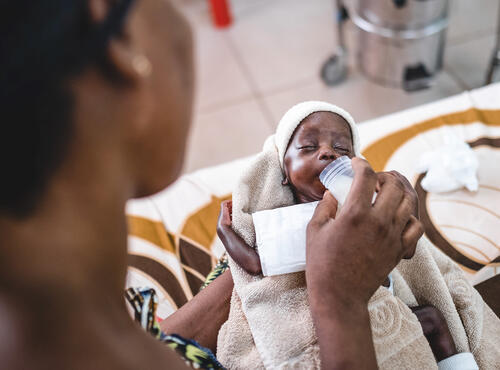Since the civil war of 2013, CAR has been marked by cycles of intensive violence. Fighting between the government and non-state armed groups, spurred by an election process, escalated in early 2021.
MSF sees the direct consequences of violence on the health of individuals and entire communities. There is a severe lack of access to healthcare; trained health workers are scarce, health services are poorly resourced and often targeted by the conflict; and patients need to travel hundreds of kilometres on dangerous roads to reach medical structures.
In CAR, we focus on treating victims and survivors of sexual violence; provide sexual and reproductive healthcare, including maternal healthcare; and provide treatment to people living with HIV.
Our activities in 2022 in Central African Republic
Data and information from the International Activity Report 2022.
2,795
2,795
€67.6 M
67.6M
1997
1997
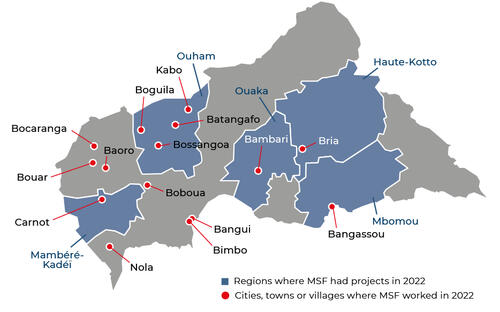

937,200
937,2
8,960
8,96
8,740
8,74

6,220
6,22

MSF expands emergency response despite peace deal
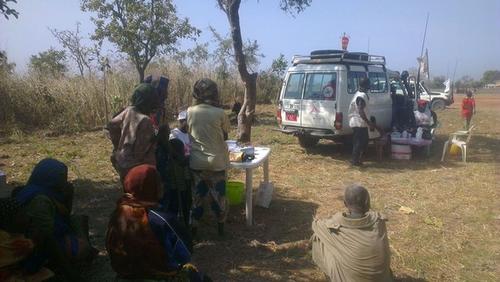
MSF extends medical activities amid increasing violence
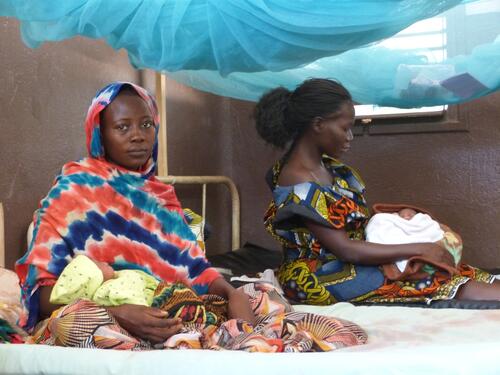
People flee into the bush in fear of attack

Attack forces people to flee Ndélé town
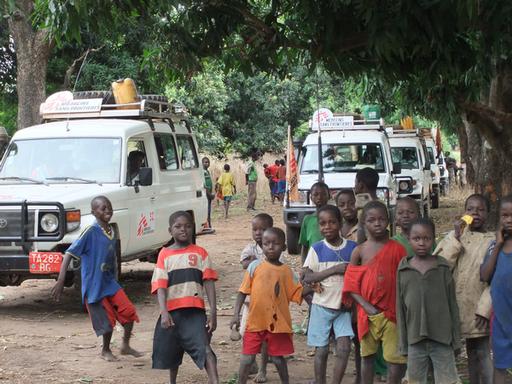
"As many children die here as in a war zone"

A new approach to tackle sleeping sickness

Pressing health needs in the country

Treating sleeping sickness, a neglected disease





